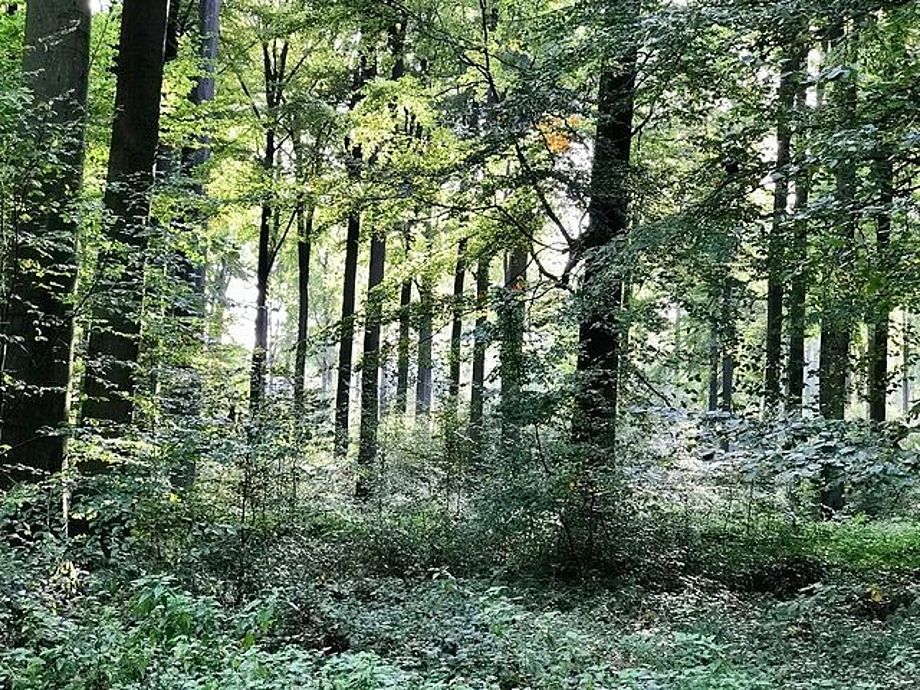EU project LIFE Prognoses – Taking stock of Europe's natural heritage

Europe's old-growth forests are invaluable – scientists agree on that point. But there are no clear, scientific criteria to assess the state of these forests. This is where the EU project LIFE Prognoses takes action, and Professor Christine Schmitt from the University of Passau, who is a geographer by training, has joined in the endeavour.
The European Biodiversity Strategy 2030 underscores the significance of Europe's primary and old-growth forests. These forests are untouched natural woodland which are increasingly hard to find in Europe. UNESCO has designated the primary and old-growth beech forests in the Carpathian Mountains and other regions in Europe as World Heritage sites. Scientists agree on the value of these forests: they are unique worldwide, preserve biodiversity, store CO2 and, just as importantly, are vital venues for human recreation. In other words: they are worthy of protection. Despite that, there is a lack of clear, European-wide standards and criteria for assessing and classifying such forests, which presents an obstacle to their protection.
This is where the EU project LIFE Prognoses steps in – PRotection of Old Growth Forests in Europe. Researchers from across Europe are involved, including Professor Christine Schmitt who holds the Chair of Physical Geography with a focus on Human-Environment Research at the University of Passau. They have teamed up to develop standardised research methods and indicators in a bid to classify Europe's last primary forests and their current state. These indicators are currently being trialled by the researchers in selected regions. One way of doing that is to measure how the ecosystem services provided by old-growth beech forests, primary beech forests and production forests vary.
"Through the results, we want to encourage a European-wide assessment and comparison of beech forests and, by the same token, heighten the awareness among Europeans of just how important it is to preserve Europe's last primary forests," explains Professor Schmitt. The project brings together both academic and practitioner institutions from across Europe. Project partners in Germany are the University of Passau as well as the Northwest German Forest Research Institute (NW-FVA), Eberswalde University for Sustainable Development and the municipal administration of the German town of Angermünde. Project coordinator is the Belgian Sonian Forest Foundation.
The project "Life Prognoses – Old-growth forest conservation in Europe" has been awarded a three-year grant by the European Commission under the Life+Programme.
Photo: Sonian Forest. © Celine Boeykens
| Principal Investigator(s) at the University | Prof. Dr. Christine Schmitt (Lehrstuhl für Physische Geographie mit Schwerpunkt Mensch-Umwelt-Forschung) |
|---|---|
| Project period | 01.01.2021 - 31.12.2024 |
| Website | https://lifeprognoses.eu/ |
| Source of funding |  Europäische Union (EU) > EU - LIFE Programme |

